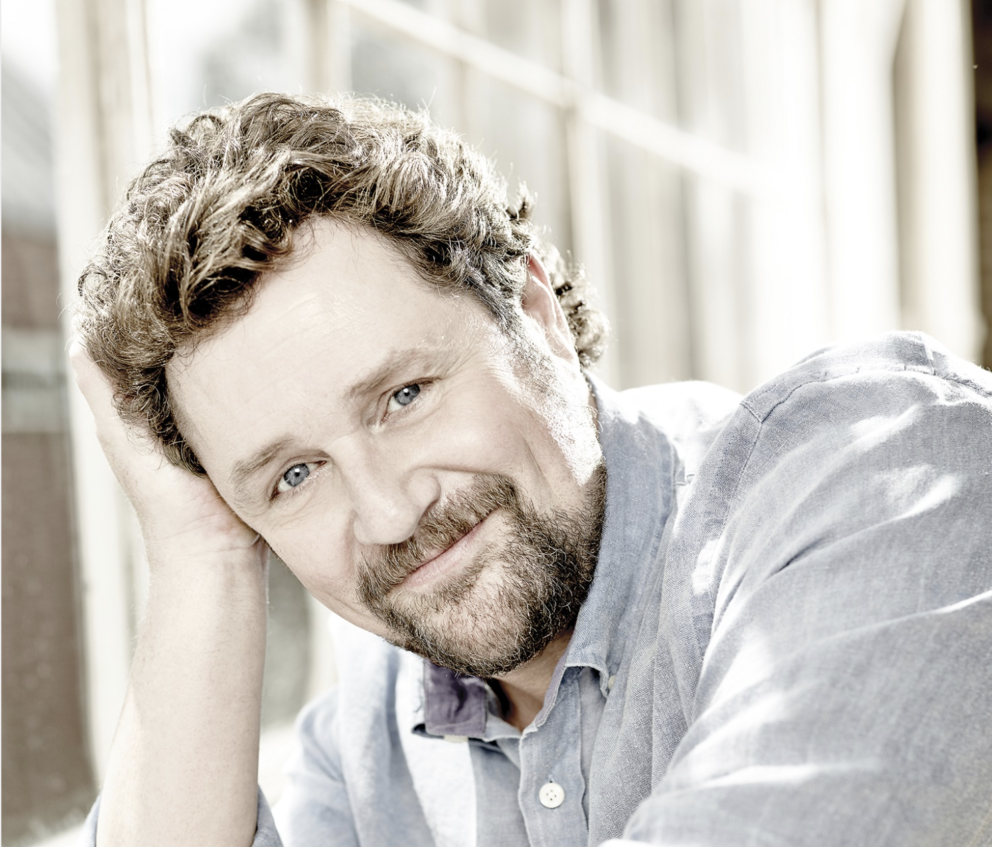Bonnier Books UK acquires world English language rights to The Phone Box at the End of the World
Editorial director Sophie Orme acquired world English language rights from Maria Cristina Guerra at Grandi & Associati. Foreign language rights have already been sold into seventeen territories.
The Phone Box at the End of the World by Laura Imai Messina is one of the fiction launch titles of Bonnier Books UK’s new literary fiction and non-fiction imprint, Manilla Press. The imprint is to launch in 2020.
‘I wanted to write about mourning, but also the relief and joy of survival, the feeling that we have to entrust parts of ourselves to the people we love and the courage we need to let those closest to us go.’
Laura Imai Messina
Set in Japan and based on an incredible true story, The Phone Box at the Edge of the World follows Yui, a woman who has lost her mother and daughter in the 2011 tsunami and wonders how she will carry on. Struggling to come to terms with her grief, she hears a story about a man who has an old disused telephone box in his garden. There, those who have lost loved ones find the strength to speak to them and begin to come to terms with their grief. As news of the phone box spreads, people travel there from miles around. Soon Yui makes a pilgrimage to the phone box, too. But once there she cannot bring herself to speak into the receiver. There she finds Takeshi, a bereaved husband whose own daughter has stopped talking in the wake of their loss.
‘As soon as we heard about The Phone Box at the Edge of the World, we knew we had to publish it on our Manilla Press list.’
Sophie Orme, Editorial Director
Author Laura Imai Messina said: ‘I came across Bell Gardia’s telephone in 2011, when I had already lived in Japan for several years. I was struck by the magic of a real, existing place, where people would pick up the receiver on an disused line to talk to their dead. On 11 March 2011, a tsunami of unprecedented violence hit the north-east of the country, a tragedy that left a furrow on the hearts of the Japanese: pain, for these people, is however a private matter: the concept of the kijō 気 丈 applies, which says that the greater the suffering, the less it is shown. Yet I witnessed this pain close-up. I heard some terrible stories.
‘Writing about these immediately after the tragedy felt wrong, like taking advantage. I waited, looking for the right story to tell. I wanted to write about mourning, but also the relief and joy of survival, the feeling that we have to entrust parts of ourselves to the people we love and the courage we need to let those closest to us go. I wanted the story I told to be full of lightness and love.
‘Writing The Phone Box at the Edge of the World, a phrase kept coming to mind from the most ancient work of Japanese literature, the Kojiki: “Therefore, do not give love in a hurry”.
‘I believe this story is for those who want to witness the transformation from before to after, for those who do not want their lives brought to a halt by the terrible things that happen to us, but want to keep opening themselves up to life’s opportunities.’
Sophie Orme, Editorial Director, said: ‘As soon as we heard about The Phone Box at the Edge of the World, we knew we had to publish it on our Manilla Press list. Originally flagged to us by our brilliant rights colleague Ilaria Tarasconi, there was a strong buzz around the novel at the Frankfurt Book Fair and we were thrilled to acquire World English Language rights a few days later. This beautiful, affecting and compelling novel about grief, love and ultimately hope, will warm your heart, even as it feels as though it is breaking. It is set to become an international sensation, with 17 territories sold so far, and will be a major launch title for us in June 2020. Readers who loved The Beekeeper of Aleppo, The Reader on the 6.27 and The Little Coffee Shop of Kabul will love this very special novel.’
‘This is not just a story of fall and rebirth, not just a novel on the second chances life sometimes gives us, not just the tale of a woman who lost herself. It’s all this, and so much more.’
Franscesca Lang, Editor, Piemme
Francesca Lang, Editor at Piemme, the Italian publisher for The Phone Box at the Edge of the Word said: ‘When I read The Phone Box at the Edge of the World I was newly surprised and incredibly moved, because Laura’s journey as a writer had finally taken her where not many get to arrive, to the very heart of the word, to that light that only few stories are able to give to the reader. This is not just a story of fall and rebirth, not just a novel on the second chances life sometimes gives us, not just the tale of a woman who lost herself. It’s all this, and so much more.’



